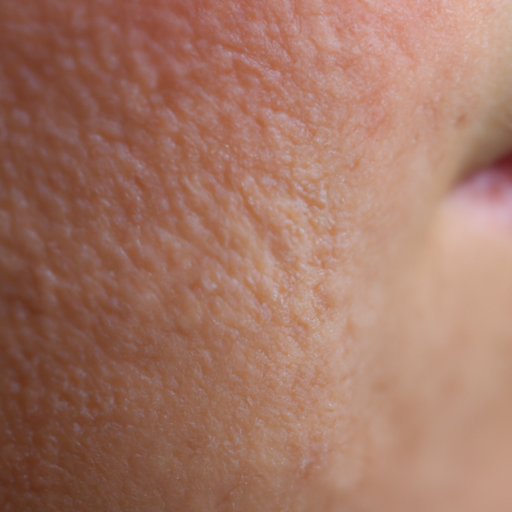Unmasking Radiance: Your Ultimate Guide to Healing Oily Skin
As a skincare expert, I understand the struggle of dealing with oily skin. The constant shine, enlarged pores, and frequent breakouts can be frustrating. However, oily skin is not a curse; it’s simply a skin type that requires specific care. With the right skincare regimen and lifestyle changes, you can transform your oily skin into a radiant, healthy glow. Here is your ultimate guide to healing oily skin.
Firstly, it’s crucial to understand what causes oily skin. The sebaceous glands in your skin produce sebum, a natural oil that protects and hydrates the skin. However, when these glands overproduce sebum, it results in oily skin. Factors such as genetics, hormonal changes, stress, and environmental conditions can contribute to excessive sebum production.
Now, let’s delve into the steps you can take to manage oily skin effectively.
1. Cleansing: The first step in your skincare routine should be cleansing. It’s recommended to use a gentle, oil-free cleanser twice a day to remove excess oil and impurities without stripping your skin of its natural oils. Over-cleansing can lead to dryness, which ironically triggers more oil production.
2. Toning: A toner helps balance your skin’s pH levels and remove any residual dirt or makeup left after cleansing. Opt for an alcohol-free toner with ingredients like witch hazel or tea tree oil, known for their oil-control properties.
3. Moisturizing: Many people with oily skin skip moisturizer thinking it will make their skin oilier. However, this is a misconception. Your skin needs hydration, regardless of its type. Choose a lightweight, non-comedogenic moisturizer that won’t clog your pores.
4. Exfoliating: Exfoliation helps remove dead skin cells that can clog pores and cause breakouts. However, over-exfoliation can irritate your skin and stimulate oil production. It’s best to exfoliate once or twice a week with a gentle scrub or a chemical exfoliant containing salicylic acid or glycolic acid.
5. Sun Protection: Sun exposure can trigger oil production and cause other skin issues. Always wear a broad-spectrum sunscreen with an SPF of at least 30. Look for oil-free and non-comedogenic formulas that won’t clog your pores.
6. Healthy Diet: Your diet plays a significant role in your skin health. Consuming too many oily, processed foods can exacerbate oil production. Incorporate more fruits, vegetables, whole grains, and lean proteins into your diet for healthier skin.
7. Regular Exercise: Regular physical activity helps regulate hormones that can contribute to oily skin. Plus, sweating helps flush out impurities from your pores.
8. Stay Hydrated: Drinking plenty of water helps keep your skin hydrated from within, which can help control oil production.
9. Professional Treatments: If your oily skin persists despite your best efforts, consider seeking professional help. Dermatologists can offer treatments like chemical peels, laser therapy, or medications to help manage oily skin.
Remember, everyone’s skin is unique, and what works for one person may not work for another. It may take some trial and error to find the right products and routine for your skin. But with patience and consistency, you can achieve a balanced, radiant complexion.
In conclusion, managing oily skin is not about eliminating oil but maintaining a healthy balance. With the right skincare routine, lifestyle changes, and professional guidance when needed, you can unmask the radiance beneath your oily skin and reveal a healthy, glowing complexion.



